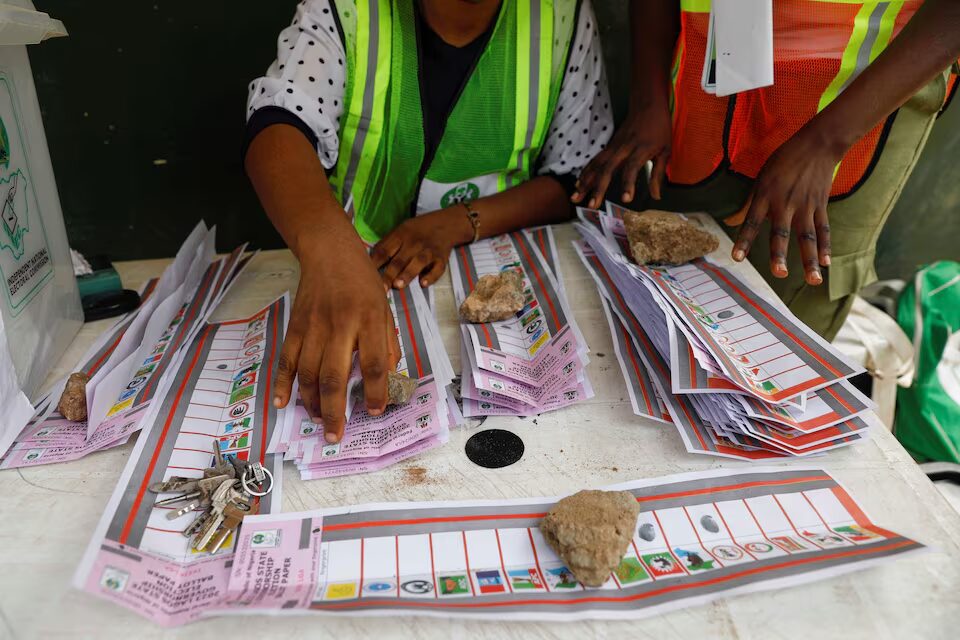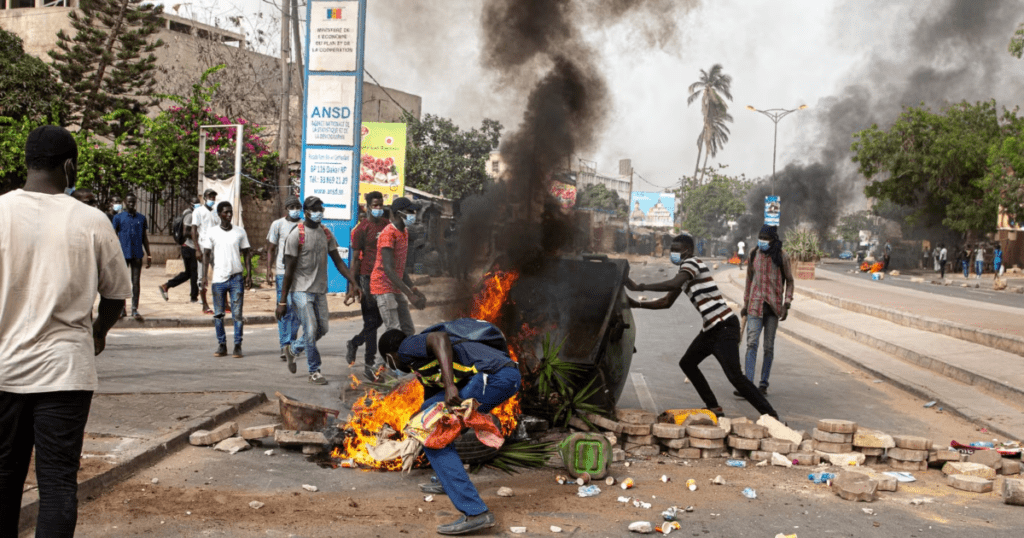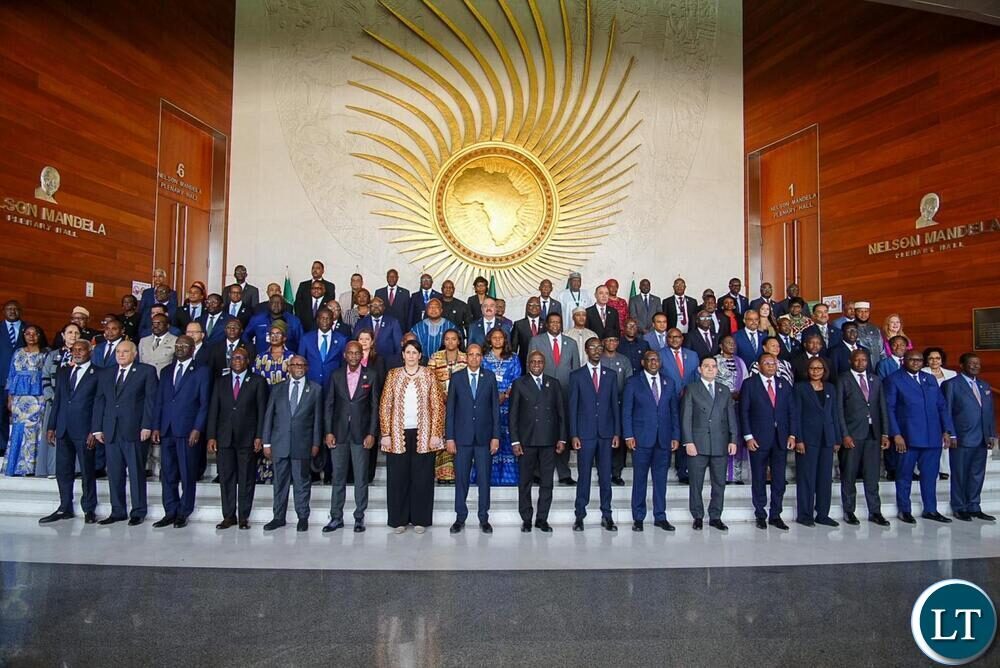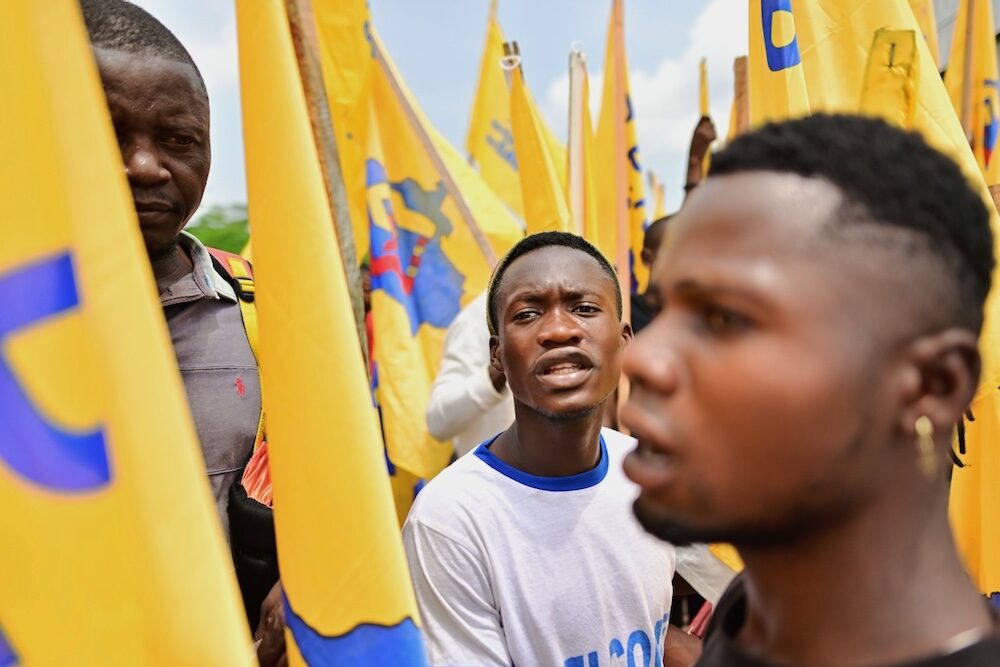
Thursday 17th April 2025

By inAfrika Reporter
Tensions remain high in Senegal as opposition protests continue to challenge the government months after a disputed election. On April 9, hundreds of supporters from two major opposition groups took to the streets of Dakar in coordinated demonstrations. Their demands were clear: release of jailed opposition leaders, accountability from the government, and an end to what they describe as creeping authoritarianism.
One of the protests was led by the PASTEF party, whose charismatic leader Ousmane Sonko remains in prison following his controversial conviction last year. Simultaneously, the multi-party “Salvation Front” coalition held its own rally, amplifying calls for political reform and judicial independence. Protesters carried signs reading “Free our comrades” and accused President Macky Sall’s administration of staging unfair trials to weaken the opposition.
These rallies coincided with a hunger strike launched by six detained opposition figures, some of whom were arrested during the violent unrest that swept through Senegal in 2023. The detainees face a range of charges, including inciting insurrection and spreading misinformation. They say they will refuse food until the government agrees to open dialogue on political freedoms.
Though authorities had previously banned several demonstrations citing security concerns, the April 9 gatherings were allowed to proceed under tight police surveillance. Interior Ministry officials defended the arrests, insisting those jailed had participated in violence and that the legal system is following due process. But civil society groups and international observers are raising red flags. They argue that Senegal, once praised for its stable democracy in West Africa, is showing troubling signs of repression, pointing to patterns of arrest, media restrictions, and pressure on the judiciary.
President Sall stepped down ahead of the February 2024 election after controversy over a possible third term bid. However, the opposition believes the election result was tainted by Sonko’s disqualification. Sall’s party retained power, but the legitimacy of the process remains in question for many.
The unrest has sparked concern both within and beyond Senegal. Human rights advocates and political analysts are calling for de-escalation through dialogue or even a political amnesty. They warn that failure to address the grievances could deepen polarization ahead of next year’s local elections.
The stakes are high. Senegal is preparing to launch major oil and gas projects in partnership with neighboring Mauritania, and political instability could dampen investor confidence. More broadly, how Senegal navigates this unrest may set the tone for the future of democracy in the region, especially as several West African countries face their own struggles with governance and civil liberties.
For now, the protests continue and the hunger strikes remain ongoing, signaling that for Senegal’s opposition, the fight is far from over.


